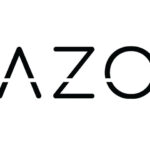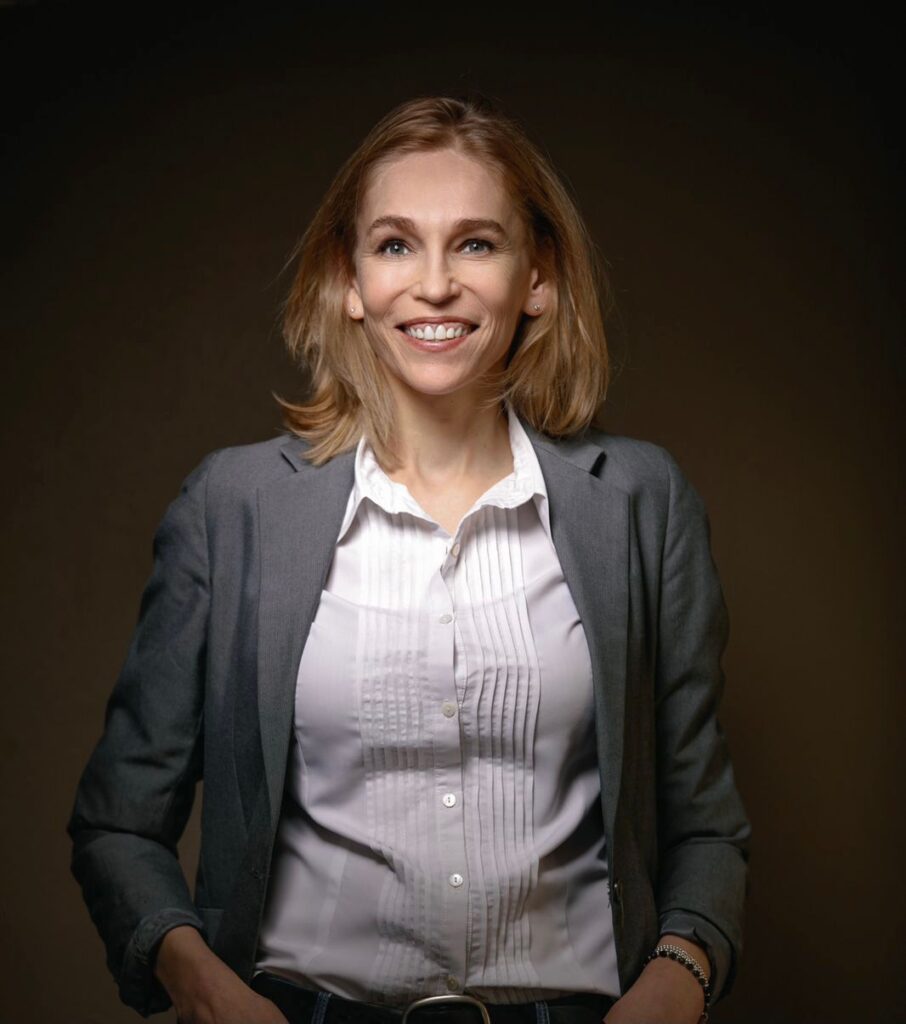
Ads24s hosted its second “Food for Thought” in Hyde Park, Johannesburg recently for a dynamic morning of insight, debate networking and bite-sized nuggets of intellectual fodder to get the media industry’s top minds primed for the challenges and opportunities in South Africa’s immediate future. The annual event this year brought together academic, Prof Nick Binedell who facilitated the morning’s engagements; the economist Dawie Roodt and the scenario planner Clem Sunter for an invigorating morning of debate, interesting food and challenging insights.
Said Marise van der Lith, Brand Manager for Ads24, “We are very proud of the quality of Food for Thought and believe we deliver on our intention to create a memorable event for industry leaders. We purposefully decided not to have a typical event where we would hash out more of the same industry topics. Instead we have created something different to add value on a personal and professional level.”
THE ECONOMIST: Dawie Roodt: From the dawn of abstract thought to the beginnings of a new economic order
Looking back to the origins of humankind and evidence of humanities first abstract thought, Dawie Roodt traced a timeline through global economics, highlighting significant events along the way. A mere 100 years ago, for example, 90% of the human population lived in abject poverty. That figure has been reduced to a 10% today and if this trend continues abject poverty will be eradicated in the next 10 to 20 years. Another development in recent history is that most countries have passed laws enforcing education for girls. This coupled with the need for a female workforce during World War II has had a huge impact on social structures and economics. The war also led to a new dawn for human rights and the establishment of the International Monetary Fund.
We are now on the cusp of another new dawn. That of independent block-chain economies and cryptocurrencies. Instead of being intimidated by the idea we should embrace it and understand how they work.
“The first rule to understanding block-chain is don’t think out of the box, throw the box away completely,” said Roodt. “The concept is simple, don’t overcomplicate it. The essence of the block-chain is information flowing on a network, it’s that simple.”
Add to this the concept that, in essence, money is anything that is accepted as money. In the past it was beads or shells. More recently we took metal and melted it down into coins. These days money is usually in the forms of 000 and 111s on computers. When you transfer money from your bank account to someone else’s there’s no person running with a briefcase of money between banks. It’s simply a transfer of information.
“[In essence blockchain] is that simple, information flowing on a networks about something that is generally accepted as money. Any network can decide to come together and make their own money,” said Roodt.
THE SCENARIO PLANNER: Clem Sunter. The flags driving South Africa’s future
In an enlightening presentation Clem Sunter explains the importance of scenario planning for successful business. By looking to drivers changing the shape of global and local society, economics and politics we are better equipped to plan for various outcomes. In recent times in South Africa these include corruption, the quality of infrastructure with education at the forefront, style of leadership, the pockets of excellence that exist, land reform and the changing nature of work.
We are living in a deeply divided society, says Sunter, and we need to tackle key issues such as education and the changing nature of work so that today’s learners can become tomorrow’s entrepreneurs who help to create the businesses and jobs that are needed to grow South Africa’s economy by at least 3% a year. Land reform is also critical step to peaceably bring about an end to end the economic apartheid that has continued well past its sell-by date of 1994.
THE ACADEMIC, Nick Binedell. Map making for a better South Africa
Before opening the floor up to debate, Nick Binedell suggested that we all need a map and a mirror. The map is the journey the “how we got into the room” and the “what we are doing in the room” and “how we are going to get out of the room”, while the mirror is the “WHY you are here”.
As South Africans on a journey through a fantastic terrain that’s full of opportunity and challenge, it’s important to be clear about why we are here.
“The future is history waiting to happen unless something else happens,” says Binedell. “And that something else is the magic of the leadership and the time we are in.”
- Automation and AI: Super-Tools to level up your business - 24th July 2024
- Salesforce Launches First Autonomous AI Agent - 19th July 2024
- WPP champions inclusive creativity at inaugural Unite South Africa Awards during Pride Month - 19th July 2024





